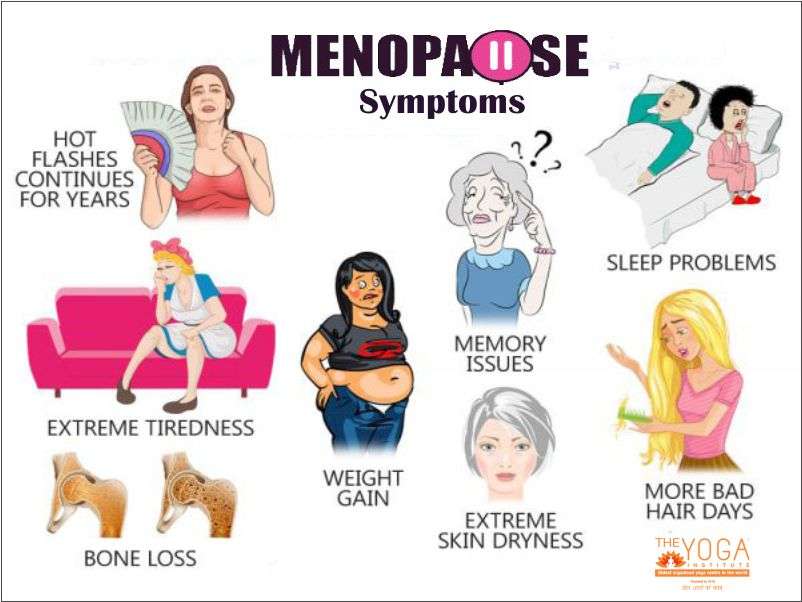Empowering Menopausal Women: A Holistic Approach to Normalizing Menopause
Menopause, an inevitable phase for half of the world’s population, affects nearly one billion postmenopausal individuals globally. However, cultural perspectives and socio-economic factors significantly influence how menopause is perceived and managed.
In some higher-income countries, menopause is often viewed through the lens of an endocrine deficiency, leading to medicalization and prescription of medications such as fezolinetant for managing symptoms like hot flashes. Conversely, in cultures like Indigenous communities in Australia, menopause is met with respect and not considered as drastic of a change.
Led by Dr. Martha Hickey MBChB, M.D., a team of researchers from The Royal Women’s Hospital in Melbourne, Australia, advocates for an alternative approach focused on normalizing menopause. Their study, published in The Lancet, emphasizes the importance of understanding menopause as a natural transition and promoting informed decision-making.
The researchers highlight that while many women navigate menopause without medical intervention, those experiencing severe symptoms seek information rather than drug treatments. They stress the need for a multifaceted empowerment strategy, which includes shared decision-making with healthcare providers, creating menopause-friendly work environments, combating age-based stigma, and providing access to informed and supportive healthcare providers offering realistic information and non-hormonal treatment options.
Central to their approach is ensuring easy access to unbiased, understandable information, free from industry influence, to empower women in managing their menopausal transition. By normalizing menopause and offering balanced insights into symptomatology, the researchers believe women can make informed decisions about their health and well-being.
